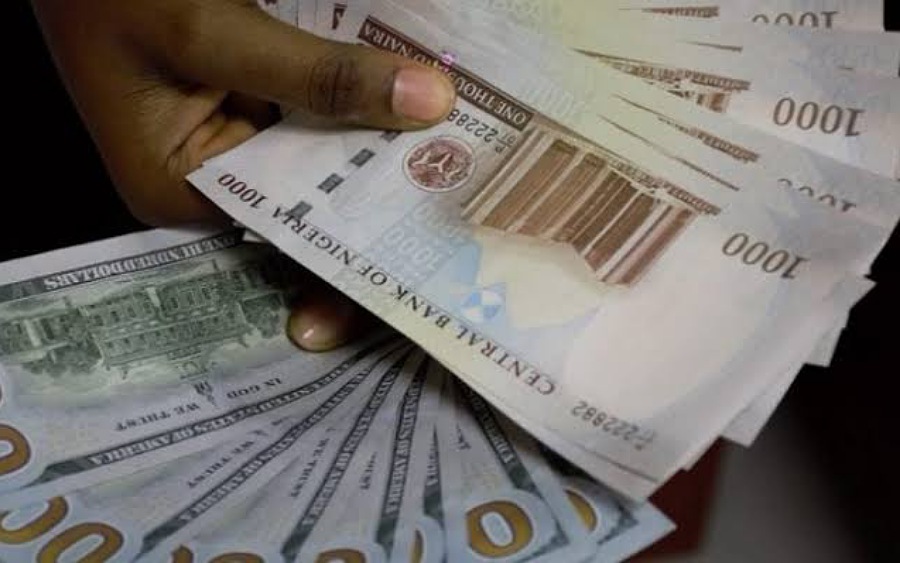The exchange rate between the naira and the dollar fell to N702/$1 at the end of the day on Thursday, June 15th, 2023 at the official Investor and Exporter window.
This is according to data from the FMDQ where the exchange rate is sold officially by traders.
This is also the first full day of trading since the central bank issued new Operational Changes to the Foreign Exchange Market which essentially gave traders the freedom to trade at market-determined prices.
According to information seen by Nairametrics, the closing rate for the day was N702.19/$1 after opening trades at N658.5/$. The intra-day high was N791/$1 which means the exchange rate sold at that price during trading. The intra-day low was however N461/$1.
The total turnover during the day was just $70 million lower than the $193.3 million that was transacted the day earlier. The volume of trade is still significantly small for price discovery to fully develop.
Naira depreciates by 5.4%
Nairametrics reported on Wednesday that the closing rate was N664/$1 meaning the exchange rate depreciated by 5.4%.
- This is still about N70 cheaper than the black market rate which sold for as high as N776/$1 for inflows.
- Meanwhile on the P2P lending website, Binance, cryptocurrency traded bought and sold forex for an average price of N763-N764/$1 compared to
Inflation rate continues to rise
Meanwhile, Nigeria’s inflation rate rose yet again for the month of May to 22.41% from 22.22% in April.
- Food inflation continues to be the major driver of inflation rising by 24.82% year on year.
- Core inflation which strips out the more volatile food inflation also rose to 20.06%.
- More worrisome is the month-on-month inflation for the headline inflation rate which rose sharply by 1.94% higher than the previous record of 1.9%.
Rising inflation is seen as a major contributory factor to currency depreciation. This suggests the exchange rate may continue to depreciate until Nigeria achieves a level of moderate inflation rate.
Goldman Sachs report
In a report published on the day, the global investment banking group pointed to rising inflation as a reason why interest rates need to be higher in Nigeria.
- Despite applauding the new operational changes to forex, it demanded higher interest rates to mitigate the risk of negative real return when the income is adjusted for inflation.
- They also mentioned that the government will need to clear the forex pent-up demand of $12 billion which is necessary to unify the currency
The new currency regime is in its second day of implementation and market analyst expects further volatility as the market continues its search for price discovery.






















